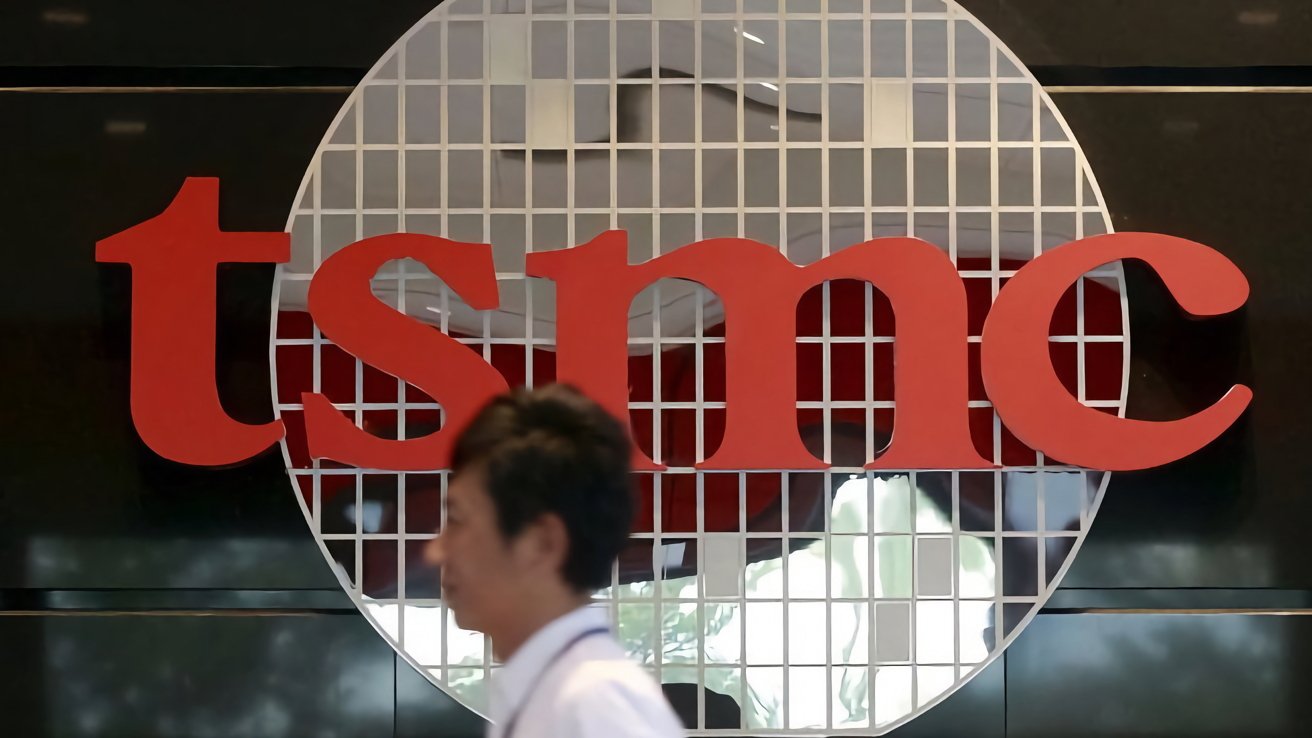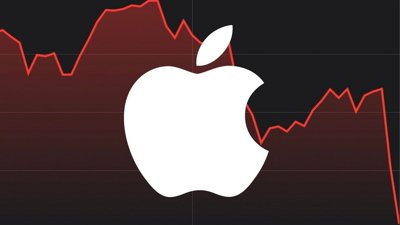Apple's processor manufacturer TSMC is asking the US for $15 billion in aid to help it build plants in the country, but is arguing against the Biden Administration's conditions.
Taiwan's TSMC is nearing the opening of its Arizona plant, and the US wants it to build more, but there were already political and financial pressures. As the US does not recognize Taiwan as a separate nation, it has no tax agreement with the country — so TSMC pays tax twice.
According to the Wall Street Journal, TSMC has now said that it is concerned about rules that the US requires it to follow regarding profit sharing and operational information.
"Some of the conditions are unacceptable," TSMC chair Mark Liu told attendees at an industry meeting, "and we aim to mitigate any negative impact from these and will continue discussions with the US government."
Liu also said that the current terms could dissuade chip makers from working with the US. In response, the Biden Administration has said that its rules are intended to protect American taxpayers and see that their money is used as stated.
It further says that, without specifying details, the US Commerce Department would only expect profit sharing if those profits greatly exceed projections. The Wall Street Journal further reports that the US says it would protect TSMC's confidential information.
In December 2022, TSMC announced that it was tripling its investment in Arizona to $40 billion, and would be opening a second plant there.
Between these two Arizona plants, unspecified sources told the Wall Street Journal that TSMC expects to get tax credits of between $7 billion and $8 billion, under the Chips Act. The sources say the company is also considering asking for a similar $6 billion to $7 billion in grants from the Commerce Department.
Previously, TSMC has questioned the US attempts to bolster local chip manufacturing, even saying the plans are "doomed to fail," although without fully specifying why. TSMC is said to believe that its dominance in the semiconductor market is a "silicon shield" that protects it as tensions continue between the US and China.
Those same political tensions reportedly caused investor Warren Buffett's Berkshire Hathway firm to sell almost all of its stock in TSMC.
Aside from politics, and adding to its litany of complaints about working in the US, TSMC engineers claim that Americans don't work hard enough.
 William Gallagher
William Gallagher



-xl-m.jpg)



-m.jpg)






 Marko Zivkovic
Marko Zivkovic
 Malcolm Owen
Malcolm Owen
 Chip Loder
Chip Loder
 Christine McKee
Christine McKee

 Amber Neely
Amber Neely

 Andrew Orr
Andrew Orr


-m.jpg)






41 Comments
Geez, what a bunch of whiners. They knew what things looked like going in. Maybe they thought if they stamped their foot and cried enough that the government would fold like the State of Wisconsin did. Dudes, you sighed a contract, hold up your end or pay the penalty. You don’t want to be double taxed? Talk to the government of Taiwan.
As far as their bi*ching about how Americans don’t work hard enough. We may not work as hard as you’d like but you see your employees as replaceable, disposable pieces that can be used up and thrown away. In the west we put a higher value on the welfare of our fellow citizens. Once again you knew this going in, so shut up or GTFO.
Just yesterday, there were reports claiming that TSMC had massively cut orders for EUV machines from ASML.
There is a possibility that could imply less new plants (as opposed to expansion of existing plants or hardware renewal).
The obvious solution is to fix the oversight so Taiwan has a fair tax situation.